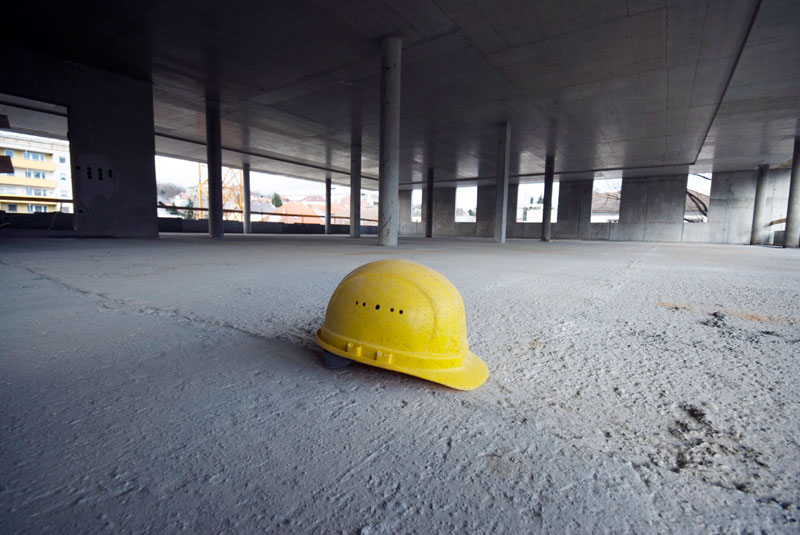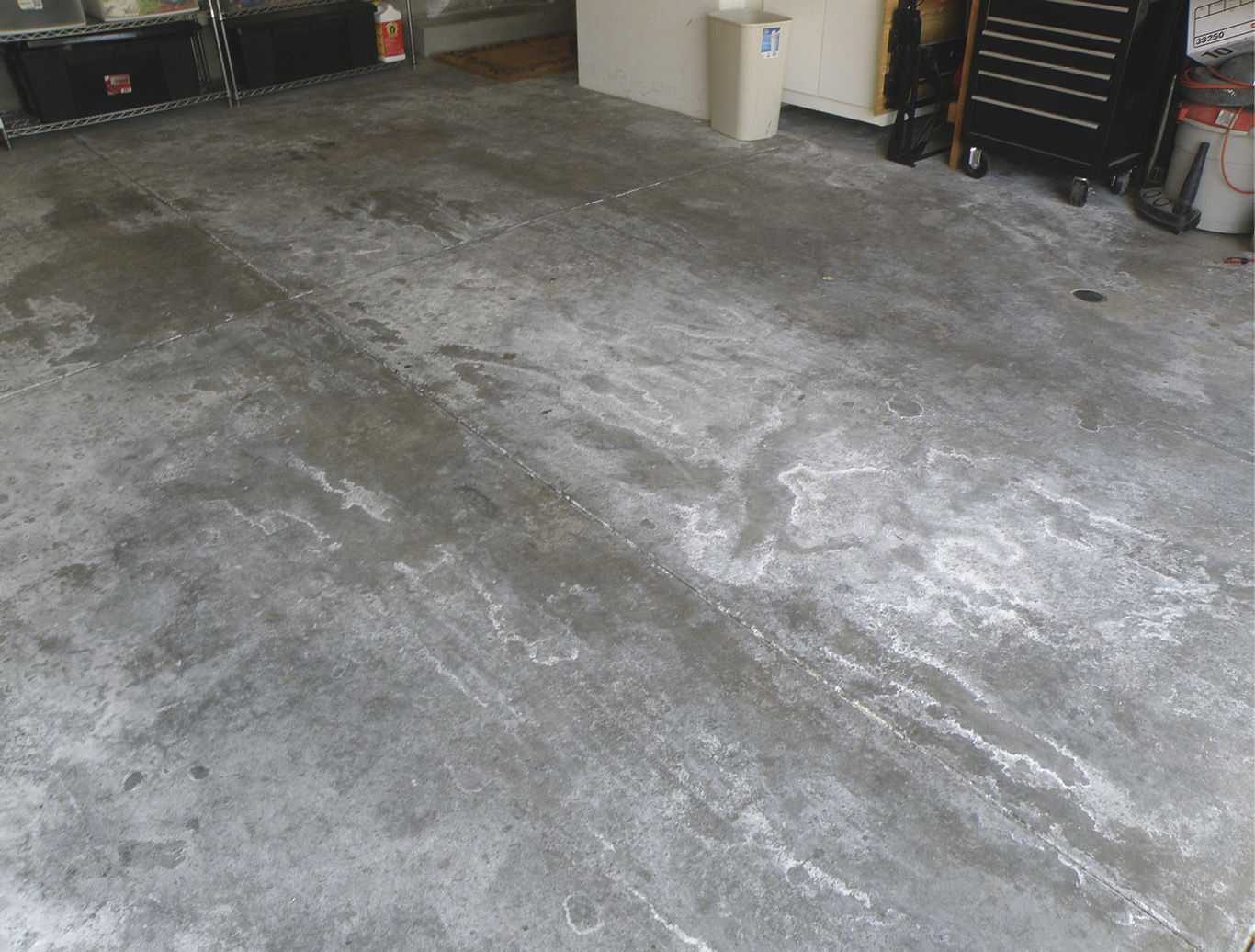Understanding Floor Sweating
Basement concrete floor sweating occurs when moisture accumulates on the surface, making it appear wet. This phenomenon is often caused by condensation, which happens when warm, humid air comes into contact with the cool concrete floor. The temperature difference causes the moisture in the air to condense, leading to water droplets forming on the floor. Understanding the causes of floor sweating is the first step in addressing and preventing this common issue.
Identifying Causes
Several factors can contribute to basement concrete floor sweating. High humidity levels, poor ventilation, and lack of insulation are common culprits. Additionally, external factors such as heavy rainfall or a high water table can exacerbate the problem. Identifying the specific causes in your basement is crucial for implementing effective solutions. By addressing the root causes, you can minimize the risk of condensation and maintain a dry and comfortable basement environment.
Improving Ventilation
Improving ventilation is a key strategy in preventing basement concrete floor sweating. Proper airflow helps regulate humidity levels and prevents moisture buildup. Consider installing exhaust fans or dehumidifiers to reduce humidity in the basement. Opening windows and doors during dry weather can also enhance ventilation. By promoting adequate airflow, you can create a healthier and more comfortable basement environment, reducing the likelihood of floor sweating.
Using Moisture Barriers
Applying moisture barriers is an effective way to prevent condensation on basement concrete floors. Moisture barriers, such as epoxy coatings or sealants, create a protective layer that prevents moisture from seeping through the concrete. These barriers help maintain the integrity of the floor and reduce the risk of sweating. Regularly inspecting and maintaining the moisture barrier ensures its effectiveness, providing long-lasting protection against moisture-related issues.
Insulating the Floor
Insulating the basement floor can help mitigate the temperature difference that causes condensation. Insulation materials, such as foam board or rubber underlayment, provide a thermal barrier between the cold concrete and the warm air. This reduces the chances of moisture forming on the surface. Proper insulation not only prevents floor sweating but also enhances the overall energy efficiency of your home, providing a comfortable and dry basement space.
Regular Maintenance
Regular maintenance is essential to keep your basement concrete floor free from sweating. Periodically check for signs of moisture buildup and address any issues promptly. Ensure that gutters and downspouts direct water away from the foundation to prevent external moisture from seeping into the basement. Additionally, monitor humidity levels and use dehumidifiers as needed. Consistent maintenance helps preserve the condition of your basement floor and prevents future moisture problems.
Here are Images of Basement Concrete Floor Sweating
Basement Concrete Floor Sweating

The Dangers of Concrete That Sweats! – Wagner Meters

How to Stop Concrete Sweating u003e Articles u003e Ghostshield®

Sweating Concrete Floors: Causes of Surface Moisture Concrete

Cure Your Concreteu0027s Sweating Slab

Remediating Moisture in Concrete is Not Complicated – Concrete Decor

Related articles:
- Laminate Flooring In Basement
- Basement Concrete Floor Sweating
- Basement Floor Finishing Ideas
- Painting Unfinished Basement Floor
- Unique Basement Flooring
- Basement Floor Epoxy And Sealer
- Brick Basement Floor
- Finished Basement Floor Plan Ideas
- Basement Floor Finishing Options
- Basement Floor Tile Ideas
Introduction
Do you have a wet basement and a concrete floor that’s sweating? If so, you’re not alone. Basement concrete floor sweating is a common problem homeowners face in humid climates. In this article, we’ll explain what causes basement concrete floor sweating and how to solve it.
What Causes Basement Concrete Floor Sweating?
When the relative humidity of the air in your home rises, the moisture begins to condense on the coldest surface, which is usually the basement concrete floor. As the warm air meets with the cooler surface of the concrete, it creates condensation and the floor starts to sweat.
How to Solve Basement Concrete Floor Sweating
Fortunately, there are some easy steps you can take to reduce or eliminate the condensation on your basement concrete floor.
1. Improve Ventilation
Improving ventilation can help reduce condensation by allowing warm, humid air to escape from your basement. Open windows and doors regularly to allow fresh air to circulate and reduce humidity levels. If possible, install a dehumidifier in your basement to reduce moisture levels further.
2. Install a Vapor Barrier
A vapor barrier can help prevent moisture from entering or leaving your basement through the concrete floor. The barrier should be installed between the concrete and any insulation or other material that lies beneath it.
3. Insulate Your Basement
Insulation helps reduce heat transfer between your basement and its surroundings, making it cooler and less likely to sweat. Install insulation in walls and ceilings, as well as around pipes, ducts, and other areas where heat can escape from or enter your basement.
4. Seal All Cracks or Gaps
Check for any cracks or gaps in your basement walls and seal them with caulk or expanding foam to stop warm, humid air from entering your home. You may also want to seal around windows and doors to prevent any air leaks.
5. Raise Floor Temperatures
Raising the temperature of your basement floor can help minimize condensation by making it less likely for warm, humid air to condense on its surface. This can be done by installing heating cables underneath the concrete or by adding insulation around the perimeter of your basement floor.
Conclusion
Basement concrete floor sweating is a common problem faced by homeowners in humid climates. Fortunately, there are simple steps you can take to reduce or eliminate this issue, such as improving ventilation, installing a vapor barrier, insulating your basement, sealing all cracks or gaps, and raising floor temperatures. With these tips in mind, you can keep your basement dry and comfortable year round.